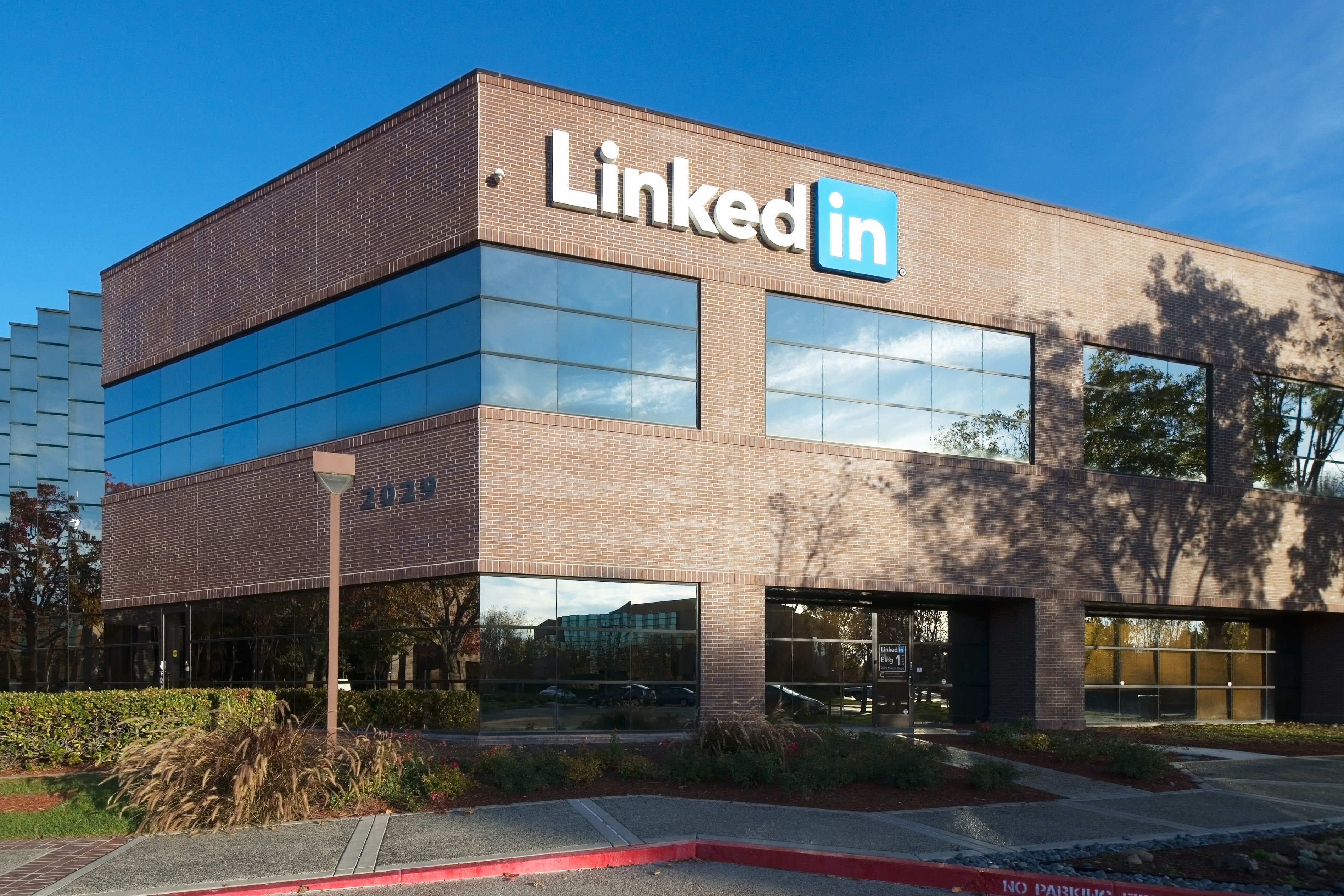
Technology giant Microsoft is reportedly ready to offer concessions to LinkedIn’s rivals and hardware makers in a bid to gain EU approval for the acquisition of professional networking site.
As part of the concessions, the software major will allow LinkedIn’s rivals to access to its software and provide hardware makers with an option to install other services, people familiar with the matter told Reuters.
Last week, Microsoft submitted a list of concessions to the European Commission to win its approval for the acquisition.
Earlier, the EU competition watchdog has raised concerns about Microsoft’s mega acquisition of LinkedIn for $26bn.
The concessions indicate that Microsoft “will not favour LinkedIn at the expense of rivals,” the publication said.
However, both the Commission and Microsoft have not disclosed the details of the offers.
LinkedIn’s rivals and customers have now been asked by the EU to give feedback on the concessions.
The feedback is aimed at knowing whether they are sufficient or some more are required from the company.
The EU also wants to assess whether a probe, which can last for up to five months, is needed into the deal.
The Commission is scheduled to announce its decision on the acquisition by 6 December this year.
After the completion of LinkedIn acquisition, Microsoft will continue to provide access to its API (application programme interface) to those professional social networks which currently have it, the people told the publication.
Microsoft’s concessions also include a choice for computer hardware makers to install either LinkedIn or rival networks on computers.
According to its website, Microsoft has software deals with hardware makers such as Dell, HP, Lenovo, Acer and Huawei, among others.
In June, Microsoft agreed to acquire LinkedIn for $196.00 per share in an all-cash transaction valued at about $26.2bn.
Salesforce, who lost in its LinkedIn bid to Microsoft, had called on EU regulators to investigate Microsoft’s acquisition of the social media giant, citing antitrust issues.






